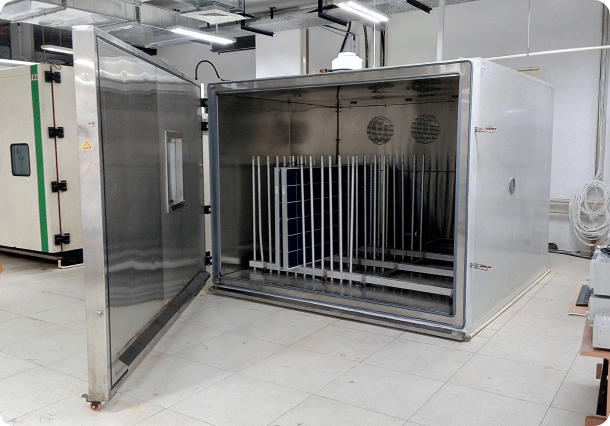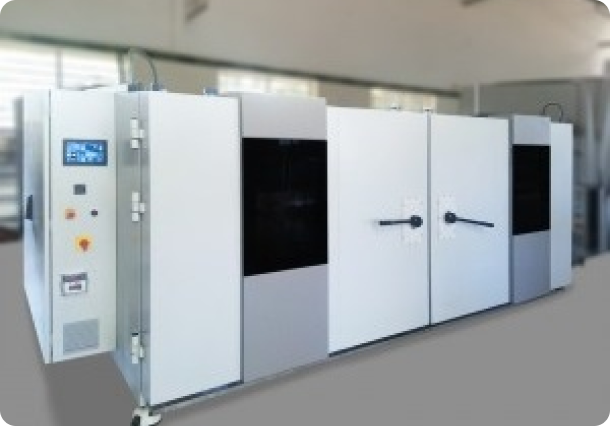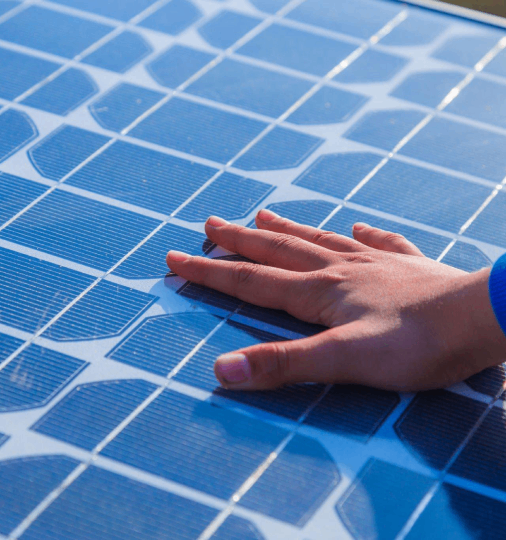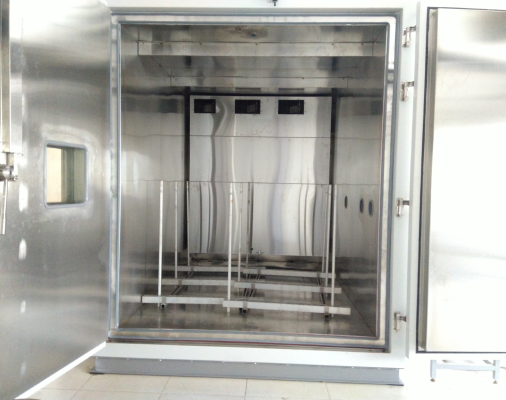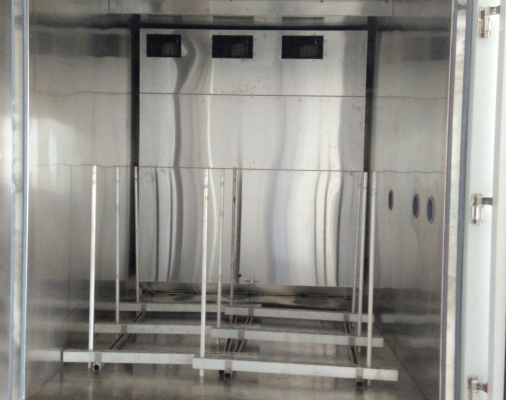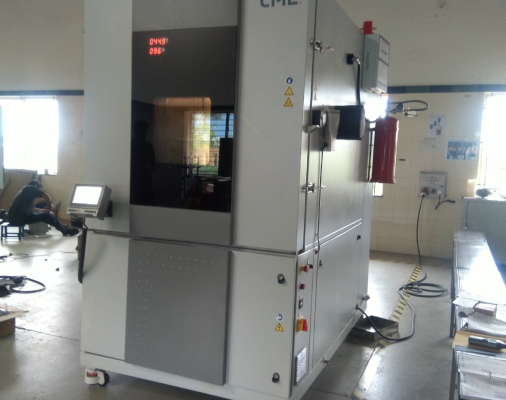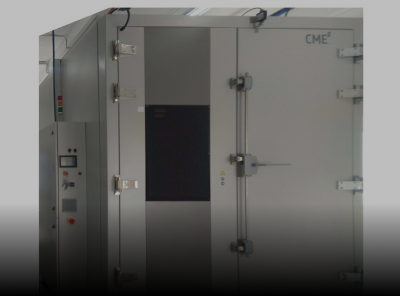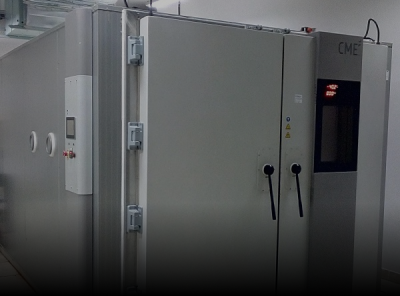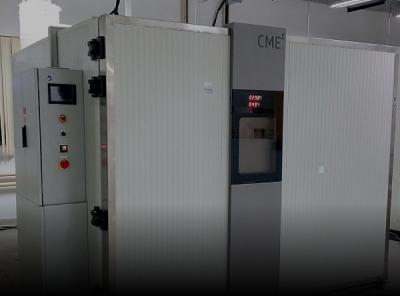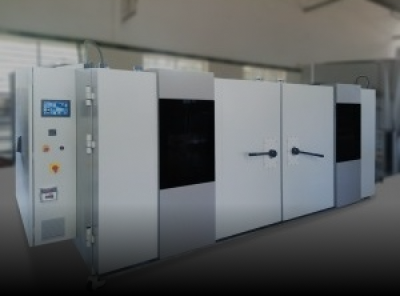Thermal Cycle Test: Solar panels are put through their paces in the Thermal Cycle Test (10.11), a demanding test that includes exposure to significant temperature swings. This is done by rapidly changing the temperature from 85 to -40 degrees, often 50 to 200 times. Because of this testing, you can rest assured that your solar panels will function reliably in various temperatures.
Humidity Freeze Test: To replicate the effects of extreme humidity and below-freezing temperatures on solar panels, the Humidity Freeze Test (10.12) was developed. Ten times, you'll be subjected to a temperature swing from 85 degrees Celsius and 85 percent humidity to -40 degrees Celsius and below. In addition, the panels are tested by long periods of soaking at 85 F. The panels' capacity to withstand wet and cold temperatures is tested here so that their reliability in severe climates may be guaranteed.
Damp Heat Test: Test for High Temperature and Humidity (Damp Heat Test) (10.13). This test is designed to evaluate solar panels in extreme heat and humidity over an extended period. Panels are exposed to 85°C heat and 85% humidity for 1,000 hours. Putting the panels through this test helps identify their dependability over lengthy periods of use in places with weather conditions, such as those that experience high humidity and temperatures throughout the year.
